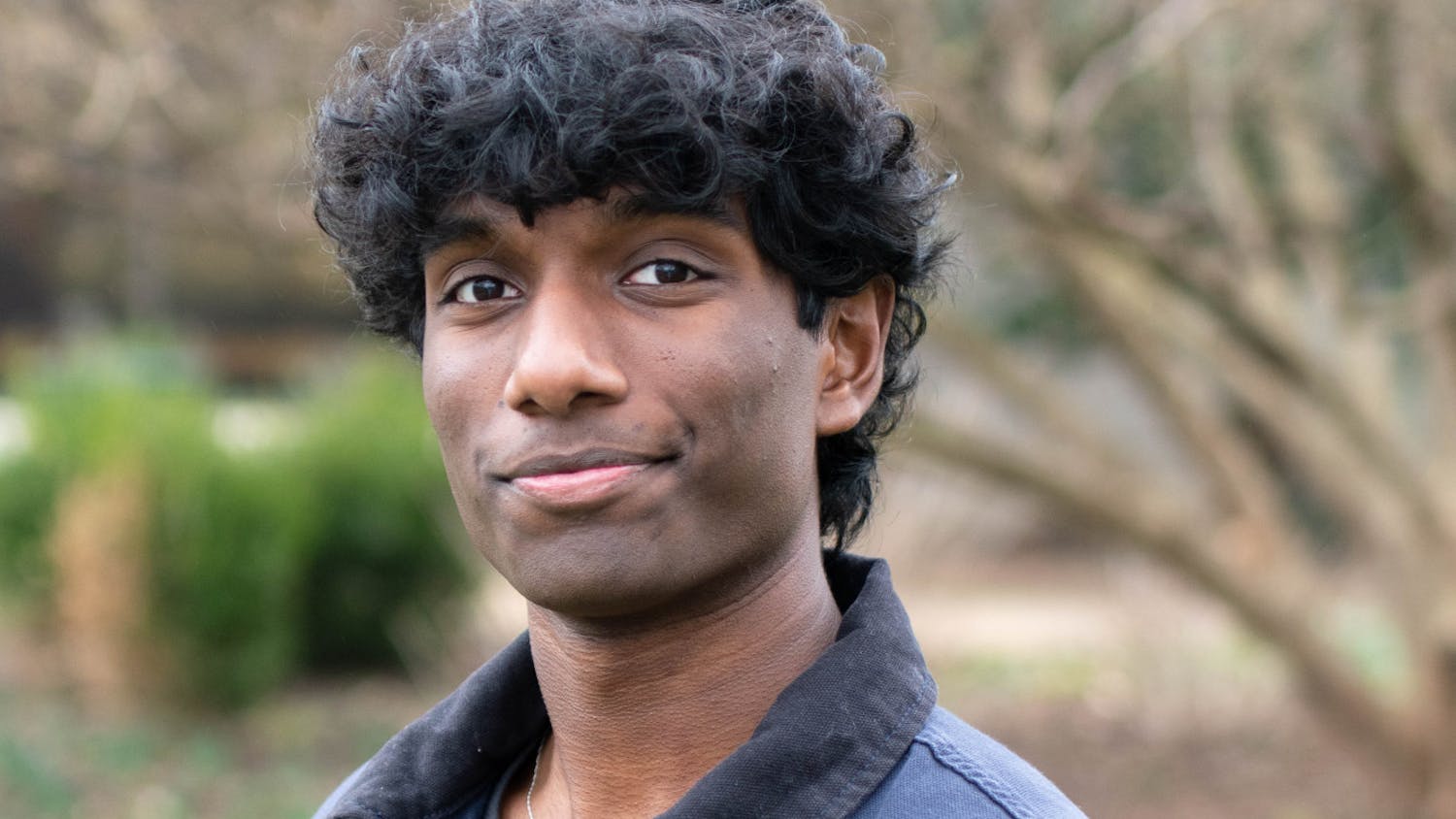Eric Fantegrossi's Feb. 14 article, "Academic Freedom Essential," was misleading to the point of being offensive, and the writer should issue an apology at once. Fantegrossi's column argues that "liberal" professors ought to "teach rather than propagandize" and that academic freedom is essential to the creation of an informed populous. With this central premise I stand in complete agreement. To illustrate his argument, however, Fantegrossi invokes the case of Dr. Sami Al-Arian, a Palestinian professor at the University of South Florida who was fired and incarcerated for his supposed ties to Palestinian Islamic Jihad (PIJ). In his article Fantegrossi writes, "Teaching your personal beliefs is one thing, but when Professor Sami Al-Arian was arrested for plotting to set up a terrorist cell within the university, it became dangerous. Can you imagine the slanted curriculum this guy was teaching?"
Unbeknownst to Fantegrossi, Dr. Al-Arian was a professor of computer science, a position that enabled him to oversee doctoral and graduate theses and teach courses on high-level computer programming. Does Fantegrossi think that it was Al-Arian's course in logic design that caused his students to "leave school with an altered view of the United States?" Perhaps it was Al-Arian's lectures on programming language that "greatly altered the way that his weak-minded college students" voted.
Such courses do not leave much room in their curricula for personal politicking, and if they did, Fantegrossi would be surprised to learn that Al-Arian would not have "propagandized" a leftist agenda but would have encouraged students to vote for George W. Bush, on whose behalf he campaigned tirelessly during the 2000 election. Fantegrossi is evidently so unfamiliar with the case that he does not even know what subject Al-Arian taught or his political affiliations, let alone how egregious it is to invoke his case to exemplify the struggle for academic freedom.
If Fantegrossi did any research whatsoever, he would know that the issue of academic freedom has been one central theme throughout the Al-Arian case. When Al-Arian was dismissed from USF in December 2001 following a string of uncorroborated allegations by a local journalist that his Tampa-based organizations were indirectly linked to PIJ, a highly publicized debate about academic freedom ensued. After all, Al-Arian was tenured at USF, a status that allows professors to operate without concern that their political beliefs or activities will result in their termination. In December 2002, the debate concluded in a U.S. district court, in which the judge dismissed the university's case against Al-Arian, indicating that the university did not possess enough evidence to justify the dismissal of a tenured professor. Academic freedom prevailed!
As Fantegrossi reads this he will think, "But this guy was a terrorist! Academic freedom does not give professors the right to 'set up terrorist cells' within their universities!" What Fantegrossi does not know, however, is that the vague and largely unsubstantiated charges against Al-Arian do not even indicate that he was operating a terrorist cell at USF, but claim instead that he and his organizations were indirectly passing funds to PIJ. With regard to this charges, prosecutors retain tenuous evidence that will likely not withstand cross-examination (a possible reason why they systematically deny him proper access to it.)
In fact, when Al-Arian was suspended with pay from USF in April 1996 in response to allegations that his organization, World & Islam Studies Enterprise (WISE), was involved with PIJ, USF conducted a comprehensive investigation of WISE and concluded that the organization had no questionable affiliations and was in fact beneficial to the university community. Even well-known Israeli journalist Ze'ev Schiff of the newspaper Haaretz acknowledged that WISE had no ties to PIJ.
Fantegrossi should be held accountable for the inaccuracies and uninformed assertions made in his Feb. 14 article. Many people do not take The Eagle seriously, and columnists who spout uncorroborated nonsense are a contributing factor to such sentiment. This paper could be a terrific forum for student discourse if only writers and editors would adhere to a rigid standard of journalistic integrity in which facts and knowledge are nonnegotiable requirements for publication. Fantegrossi's ignorance was put on display in his Feb. 14 article, and in doing so he contributed to the fallacies that surround Al-Arian's case. For that he owes his readers an apology.
Peter Muller is a senior in the School of International Service and College of Arts and Sciences.



